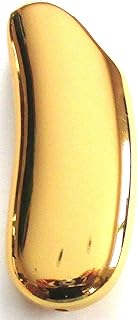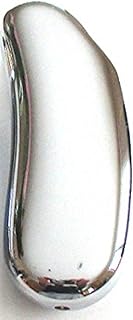BIC Lighters: A Survival Tool or a Potential Hazard?
BIC lighters, ubiquitous and inexpensive, are often considered a staple in survival kits. However, their usefulness in survival situations is debatable, and their potential hazards are significant.
Pros:
* Accessibility: BIC lighters are readily available and affordable, making them easily obtainable in emergencies.
* Reliability: These lighters are known for their durability and reliable ignition.
* Compact: Their small size makes them easy to carry and store.
* Multiple Uses: Beyond fire-starting, they can be used for signaling, melting snow for water, and heating food.
Cons:
* Limited Fuel: The small amount of butane in a disposable lighter means only a few minutes of flame. This can be insufficient for significant tasks like fire-building in adverse conditions.
* Environmental Impact: Disposable lighters contribute to plastic pollution and can release harmful chemicals into the environment.
* Safety Concerns: Lighters pose a significant fire risk, especially in dry conditions or with flammable materials nearby. They can be easily lost or stolen.
* Limited Wind Resistance: BIC lighters are susceptible to wind, making them less reliable in windy conditions.
Alternatives:
* Firestarter: Magnesium firestarters are lightweight, water-resistant, and can generate sparks even in wet conditions.
* Flint and Steel: While requiring more skill, these tools are reliable and can be used indefinitely.
* Waterproof Matches: These matches are designed to withstand moisture and can be a good backup to lighters.
Conclusion:
While BIC lighters can be useful in certain survival situations, their limitations and safety concerns make them a less reliable tool than other options. It is important to consider the context of the situation and weigh the pros and cons before relying on a disposable lighter for survival purposes. Always prioritize fire safety and environmental responsibility when using any fire-starting tools.


